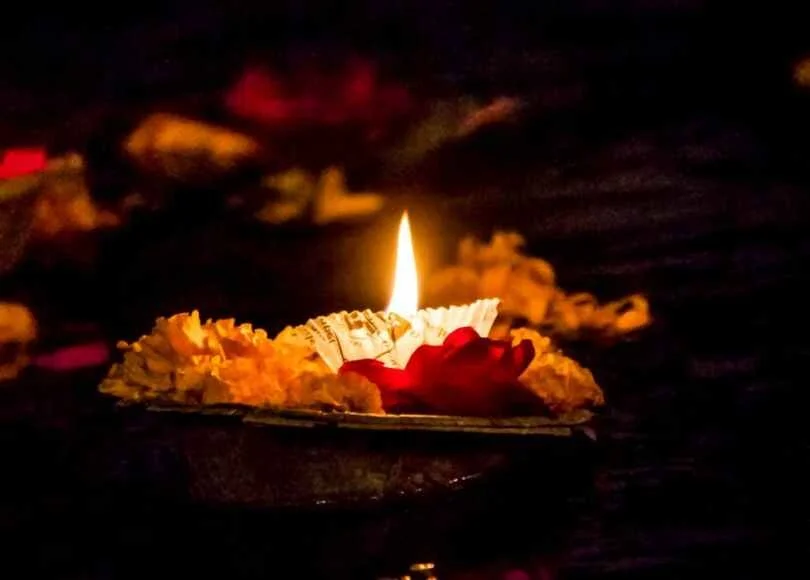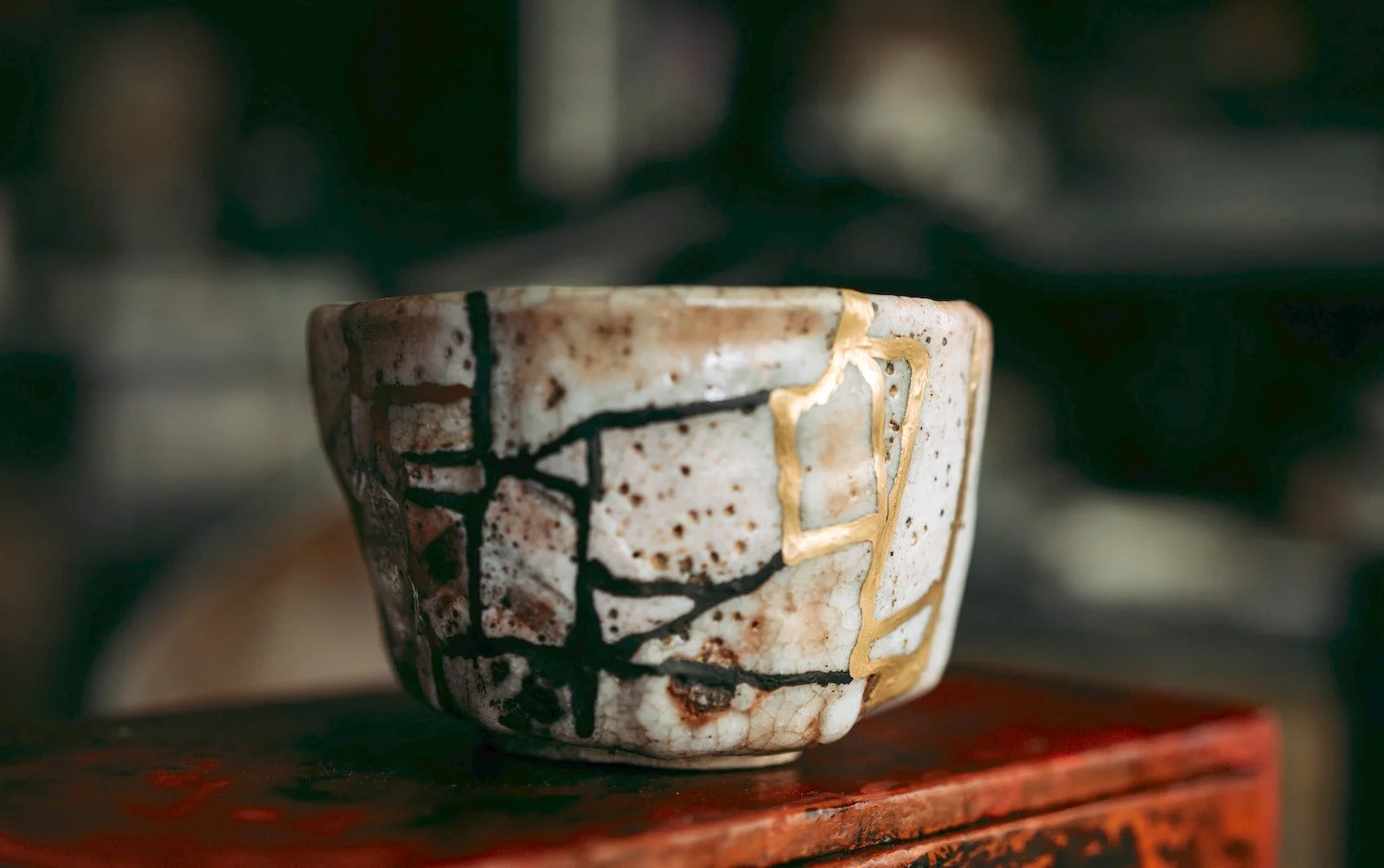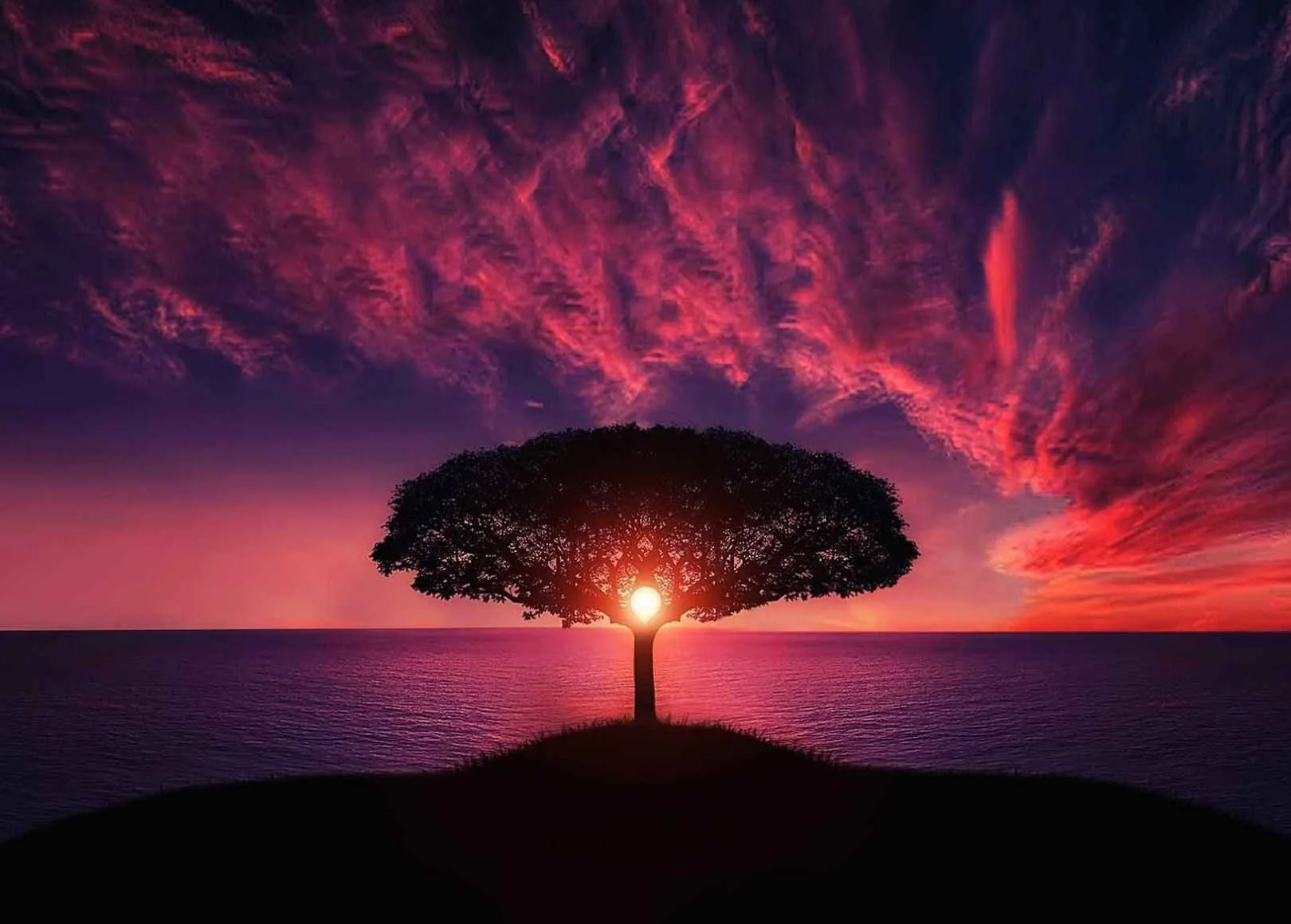A few days ago I read a piece by Art Berman, an energy consultant and blogger. It’s trenchant, pessimistic, but clear-eyed piece called “Only Our Children will Cross the River.” I encourage you to read it. I believe it correctly diagnoses the predicament of modern technological society: overshoot, and the current and coming polycrisis we as a species are facing. Undoubtedly, modern human life is in decline. The signs are everywhere, from the rise of authoritarianism to massive, modern superstorms that we have never seen in our lifetimes.
I have no interest in relitigating his piece, but I encourage you to read it. But I’d like to highlight a section of it instead.
“Carl Jung might say that the West is in a mass psychological breakdown. The ego has cut itself off from the unconscious — our species-level memory. We’re trapped in ego-inflation and have lost touch with the soul. Jung wouldn’t recommend a new ideology. He’d tell us to reconnect to the archetypal, the symbolic, and sacred — or the breakdown will get worse.
McGilchrist, Kingsnorth and Hagens are cautiously optimistic that there is a way through the dilemma. I take the Jungian view. We must reverse a deep psychological disorder centuries — maybe millennia — in the making. That won’t happen without the collapse of the “old personality” of civilization, and that’s a psychological crisis that requires careful guidance.
Policy, technology, and information can’t cure a spiritual disorder. Climate change and overshoot are symptoms of Jung’s “psychic shadow.” The root is the belief that we are entitled to dominate nature and exploit the Earth without limit. Most people can’t—or won’t—let go of that belief.
Jung wouldn’t promise success. He’d say it depends on whether a meaningful minority chooses inner transformation over ego, power, and salvation through technology. The odds are low — but not zero. Historically, civilizations have been reborn by small bands who carried the flame through the dark, but it takes time, and we moderns are an impatient crowd…
Real change has always been — and will always be — psychological. People keep asking for a solution. Here it is. The Great Simplification isn’t just a response to breakdown; it’s the way forward. And like all true transformations, it begins from within.
I think Berman’s prescription for the next stage of humanity is the right one. We need to cure the spiritual disorder of modernity. How to do that is another question. As a first principle, I’d like to start with the Buddhist concept of emptiness. To quote a Lion’s Roar piece on the concept:
Emptiness means that all things lack—are empty of—inherent or independent existence. Neither we, other beings, nor any phenomenon in the universe has a permanent, separate, and independent core, soul, or identity. Nothing exists in isolation or on its own—everything is interdependent and exists only in relation to other causes and conditions. This includes physical objects, mental states, and the very concept of self.
At its core, emptiness means this, interbeing. It means that everything is built on the building blocks of the same energy and matter. On a very real level, we are all made of stardust. Nothing we can perceive— or can’t perceive— isn’t us. That we are separate is an illusion.
But most of us are unable to see it except for an occasional fleeting moment. Maybe it was a shroom trip in which you realized you were not separate from the flowing trees dancing and shivering in the wind. Maybe it was a sunset where your thoughts stopped suddenly and just for a moment you had a sense of inner peace and nothing mattered but the moment you were in, the so-called satori moment in Zen. But ultimately consciousness returns to a sort of narcissism that humans are plagued with, that you are the center of the universe and your feelings and thoughts are the most immediate and important. That this narcissism is actually a lie– i.e. you aren’t the center of the universe and there are 8 billion people like you with their own hopes, dreams, thoughts and feelings– is somehow immaterial to most of us.
Everything, however, in our modern culture reinforces this self-centered notion. I live in the East Village on the island of Manhattan, which if you’ve ever been here is a smorgasbord of young, counterculture life (although the tech bro life has invaded it more and more in the last few years). Here one can see the seeds of modern egocentric life, thousands upon thousands of young people with tiny computers in their hands, broadcasting the importance of their lives to the world around them through their social media apps, dressing in either the latest clothes or rebelling against them. Everyone seems to want to be important, to stand out, to be noticed in some way. On any given day, I will see influencers taking pictures in front of the new hot place.
(I’m reminded of Rilke’s Ninth Duino Elegy:
But because being here is much, and because all
that’s here seems to need us, the ephemeral, that
strangely concerns us. We: the most ephemeral. Once,
for each thing, only once. Once, and no more. And we too,
once. Never again. But this
once, to have been, though only once,
to have been an earthly thing – seems irrevocable.)
There is no judgment of this dance, this expression of life and individuality. (The irony of course is that because of the ubiquity of culture, individuality becomes conformist in a way, our culture flattened to a nice tech sheen). But I do wonder how much real peace any of these young people have. I’ve added more and more Gen Z young adults in my therapy practice in recent years, and there’s a common theme in all of them, the general sense of inadequacy they feel.
My sense is that they are spiritually hungry but have no outlet to express their spiritual natures. Everything in our modern world has reinforced the notion that they are special, individual beings that must acquire more and more to feel safe and loved. They must do everything to be their most successful and attractive versions of themselves and if they are not those things, they are doing something wrong. Everything in my therapy practice tries to reverse the flow of this way of being, as I’ve told them all, there is nothing wrong with any of them, they are lovely and worthy of love just as they are. Of course none of them really believe me, and I’m fighting a constant uphill battle. It’s hard to fight the tide of any entire society and way of being.
On one level, I try to reinforce to them that their growth isn’t about acquiring more and more achievements and power and safety until nothing can hurt them, mostly because that is an impossibility. I try to reinforce that their growth is about learning to slow down, let go and reconnect to the world around them, especially the natural world, to reconnect to their bodies and the present moment, to the impermanence and beauty everything around them. .
Healing comes not from adding, but from subtracting, about finding quiet in one’s inner self, about seeing yourself and everyone just as it is without the projections of the self, to accept that we are mortal, we will die, that this life is it, that in the end what we need is calm, quiet and connection.
In my imagined, utopian world, I see a vision of something different than what we have today. I imagine a world where we all had the space and time to look inward, because how few of us do?
What might that look like? Two hours of reading, introspection, and meditation early in the morning. Work comes next whatever that means in this fake society I’ve created. But work that is less alienating than our current form of work, work that is connected to our survival and purpose as biological creatures. It amazes me how divorced everyone is from this. And then time spent with people we love. This is a world not of endless growth but of presence and love and making time for our pain and grief.
I know this will not happen as a society. But I think individual transformation is possible. It takes a long time… I think that’s ok because everything worthwhile is difficult. We all need guides along this journey; a therapist with this perspective would be helpful. If it’s not available to you, then I suggest seeking out the masters of Western and Eastern thought. There are thousands and thousands of profound, beautiful books that can start to change you.
But even if you won’t or can’t do any of that, we can always just slow down, breathe and take in the moment… connecting to the sense that everything is always changing, that this moment is profound and beautiful, and that we can pay attention to this profundity at any time if you’re willing.












